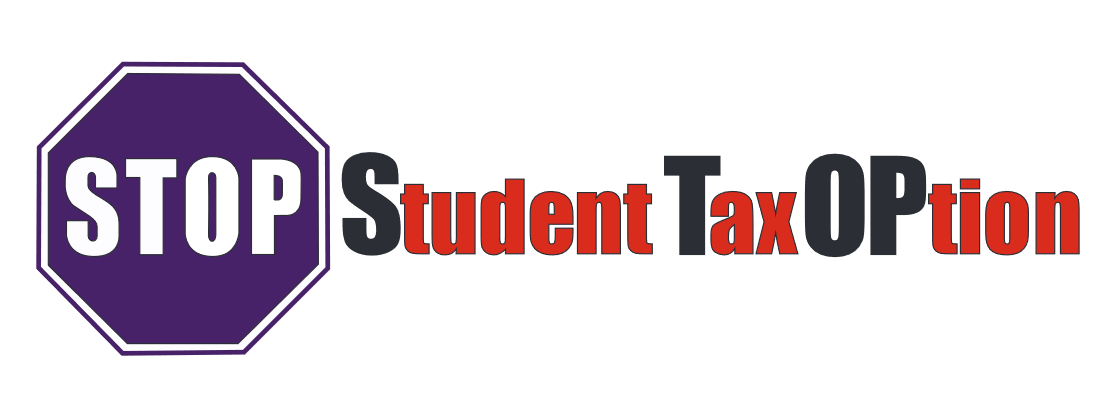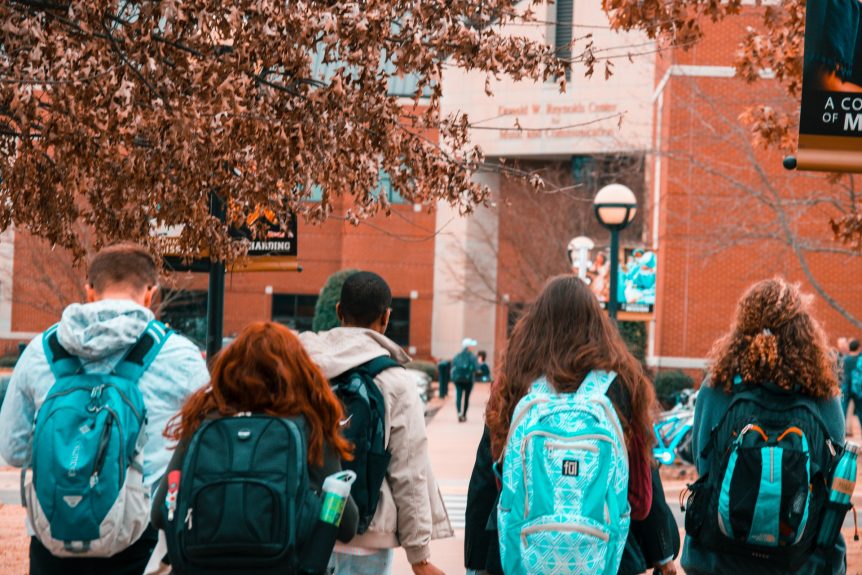There is a new economic crisis potentially developing in America, and it could be due to today’s student loans. The mortgage crisis of 2007-2008 was the result of an abundance of unstable loans. A similar event could be brewing because of student loan debt There are about 45 million borrowers, and the total amount of debt owed is $1.6 trillion, making student loan debt the second highest consumer debt category in America.
Ignoring the fact that many borrowers are unable to pay their debt while continuing to issue loans, could create another loan related economic crisis. Borrowers are being improperly advised on how to avoid student loan default. The lack of explanation about options of repayment and loan forgiveness turns into more default. Credit scores are affected when loan payments cannot be made, and low credit scores prevent borrowers from being able to purchase homes. A lack of mortgage loans being approved could lead to increased economic strife, especially for minority groups who have been unfairly impacted by student loan defaults.
You as a student loan borrower have options to improve your ability to pay off your student loans. Taking part in an income-based repayment is beneficial if you are struggling to pay. Income-Based Repayment (IBR) and Revised Pay As You Earn (REPAYE) are good examples of how to lower your monthly payments based on income. Your federal loans will accrue interest, but in the short-term, income-based repayment will help you. Loan forgiveness on federal student balance could be an option for you after 20 to 25 years.
Government officials and those in the private sector have proposed ideas to prevent another mortgage crisis level disaster. The Public Service Loan Forgiveness program is the government’s main way to forgive federal student loans. To qualify, you must make 120 monthly payments while your work for a qualified public service or non-profit employer. If you are interested, be sure to confirm your potential employer is official.
You must borrow responsibly. This is of utmost importance and can be done simply by asking your counselor about available tuition payment options. Apply for grants and scholarships first. Then try federal loans and private loans. The more money you can get for college that you do not have to pay back, the less you will need to get in student loans. Consider getting a co-signer for your loans as this can help lower your interest rate, depending on your co-signer’s credit score and income. Often, private student loans can be lower than federal student loans.
Consider making extra lump-sum payments to pay off your loans quicker if you have the money to do so. Forgo paying the minimum amount to pay extra on your principal balance. You can then save money by lowering your interest.
You can also refinance with private lenders as many times as you want to lower your interest rate and lower your monthly payment. You could potentially save thousands of dollars in interest by refinancing when you can get a lower interest rate.
Do what you can to lower your student loan payments or pay off your student loans altogether. Be sure to ask questions and find out your best options for repayment. The potential student loan crisis can hopefully be prevented with the proper education about how to pay off student loan debt.

